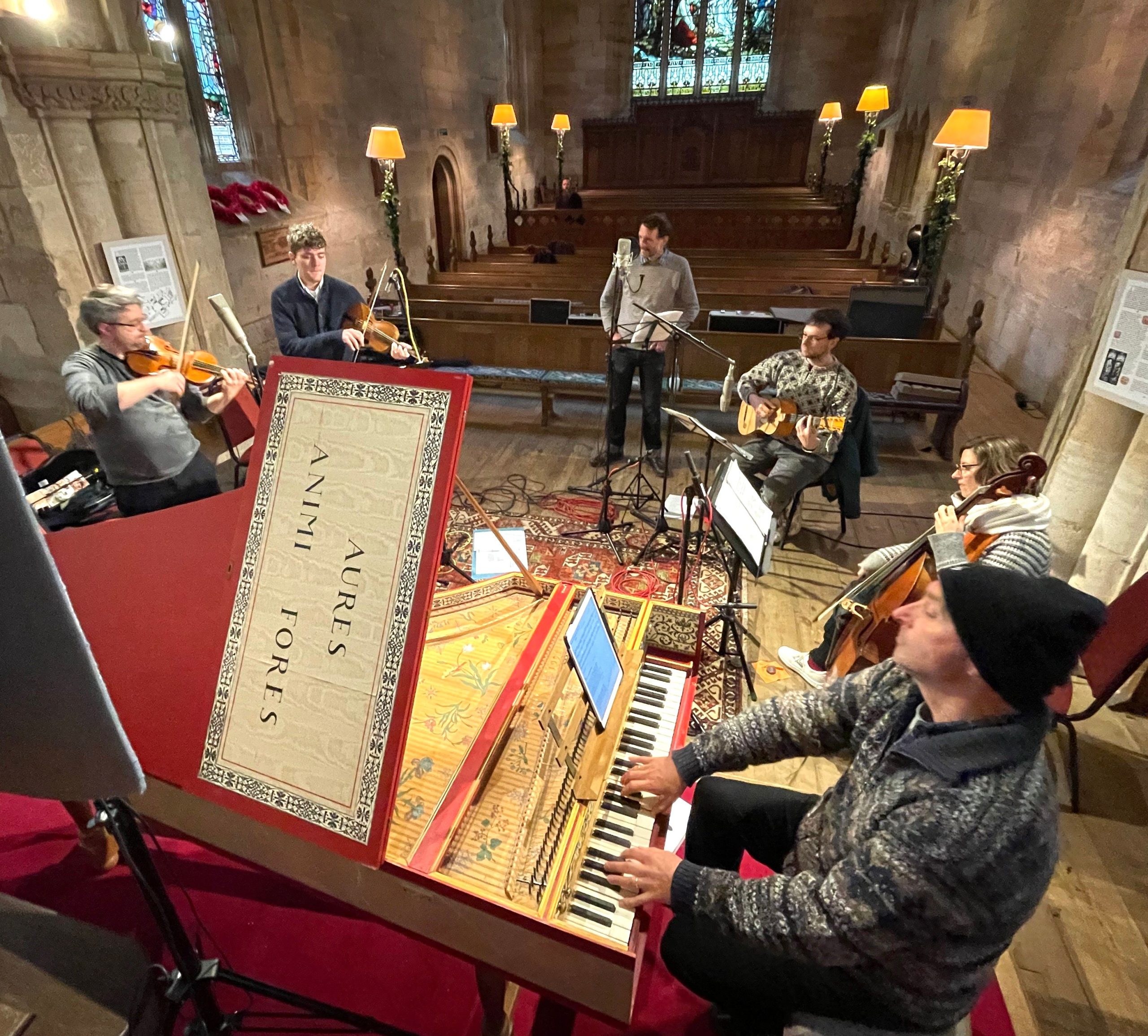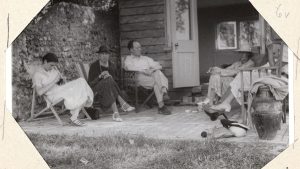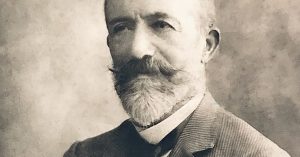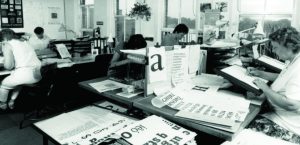
Allan Ramsay and his 1720s Edinburgh adventure in ballad opera
When the general editor, Murray Pittock, asked me to prepare the music for the Edinburgh edition of Allan Ramsay’s The Gentle Shepherd, I jumped at the chance. I’d first prepared an edition in 2001 for performances I directed with my group Concerto Caledonia at the Edinburgh International Festival, so I was already familiar with the songs and the piece. Inspired by John Gay and The Beggar’s Opera, Ramsay had turned his pastoral comedy into a ballad opera by adding lots of short songs, and setting most of them to popular tunes.
But this new edition had to be very different. It had a carefully argued textual policy, so the musical text needed similar rigour, and this presented me with an unexpected problem. Most of the arrangements I’d used previously were from the second half of the eighteenth century, and they reflected a performance practice decades too late to sit comfortably beside Ramsay’s texts from 1720s Edinburgh. Ramsay himself only specified the tune titles for the songs, and those tunes didn’t start appearing in print copies of The Gentle Shepherd until the year of his death, 1758. Even then, they were usually copied from whatever the publisher had handy, which could be an unsingable set of fiddle variations rather than a song. And the tiny book of Musick for Allan Ramsay’s Songs published by Ramsay himself contains mostly instrumental ‘musick’ rather than airs which might actually fit the words!
So what is an editor to do, when there is no authoritative source to edit, other than the author’s passing mention of some tune titles?
Which tunes were in Allan Ramsay’s head?
Ramsay’s musical knowledge seems to have been pretty basic, so the question for me as editor changed from ‘In what form should the text be presented?’ to ‘What did the author mean when he specified a tune?’ The tunes in Ramsay’s head shaped his writing of the songs, so what is our best educated guess as to what those tunes were?
He was confident that his audience would know the tunes he specified: they might hear them being sung or played in the street, played by military bands or civic musicians, or they might sing them themselves at home. The present-day meaning of ‘traditional’ music doesn’t really fit here: this was popular music in common use in a wide variety of contexts.
To find them, we can turn to manuscript and printed sources from Ramsay’s time and before: fiddlers’ rough notebooks, aristocratic lute settings, virtuosic and simple versions for stage singers, and settings made by Ramsay’s professional musician friends in the Edinburgh Music Club. The early London versions of The Gentle Shepherd can provide useful material too, but it’s noticeable that some of the musical changes made for an English audience (or for English stage singers) don’t find their way back into later Scottish sources, whether it’s the tweaking of a difficult Scottish tune to make it less exotic, or just replacing it with another tune altogether.
The author’s changing intentions
At first I wanted to include a ‘practical edition’ so that someone staging the piece could have something similar to what I used 20 years ago. But what shape might present-day performances take? The Gentle Shepherd began as two short pastoral dialogues, was developed into a five-act pastoral comedy with four songs, and then a ballad opera with twenty-one. Soon after this, Ramsay also sanctioned a one-act London version in ‘the English Dialect’, so that even before the piece went through its many transformations over the next 150 years, Ramsay had already guided it through a variety of forms, and each of these involved some change of register or context when it was read for pleasure or performed on stage.
Brianna Robertson-Kirkland recently published her findings on the earliest performances in Theatre Notebook, and my co-editor Steven Newman has compiled a large database of its international performance history which is coming soon on the Ramsay project website. Given the diverse nature of these early performances, a coherent approach to a ‘practical edition’ would mean first choosing a 1720s performance style and then making a synthetic version of it, which would be completely out of place in a scholarly edition.
So what’s in the edition?
In the end, we decided to present the tunes in the fullest expression of their existence in Ramsay’s time, by including as many versions of each tune as we practically could. So a setting for mandora from the seventeenth century, a lute arrangement, a fiddle sketch, a London ballad opera excerpt, some violin variations and a virtuosic baroque vocal version can all appear, to give a picture of the kind of musical variety that Ramsay was familiar with. Brianna Robertson-Kirkland did tireless work persuading libraries in Covid lockdown to allow her access or to send images, so that we could build a rich account of the tunes as they were heard in Ramsay’s world; the edition contains all of the significant readings of the twenty-one tunes.
So what began with the simple question ‘What tune was Ramsay thinking of here?’ became an exploration of the richness and the depth that’s found in the transmission and reception of the music. Our edition shows the wonderful musical variety that we found in early eighteenth-century Scotland, at a time when the negotiation of national cultures, both Scottish and British, was gathering unstoppable momentum, fuelled substantially by Ramsay’s creative and entrepreneurial spirit.
You can listen to the finale ‘Corn Riggs are Bonny’ from The Gentle Shepherd, sung by Mhairi Lawson with Concerto Caledonia, directed by David McGuinness here.
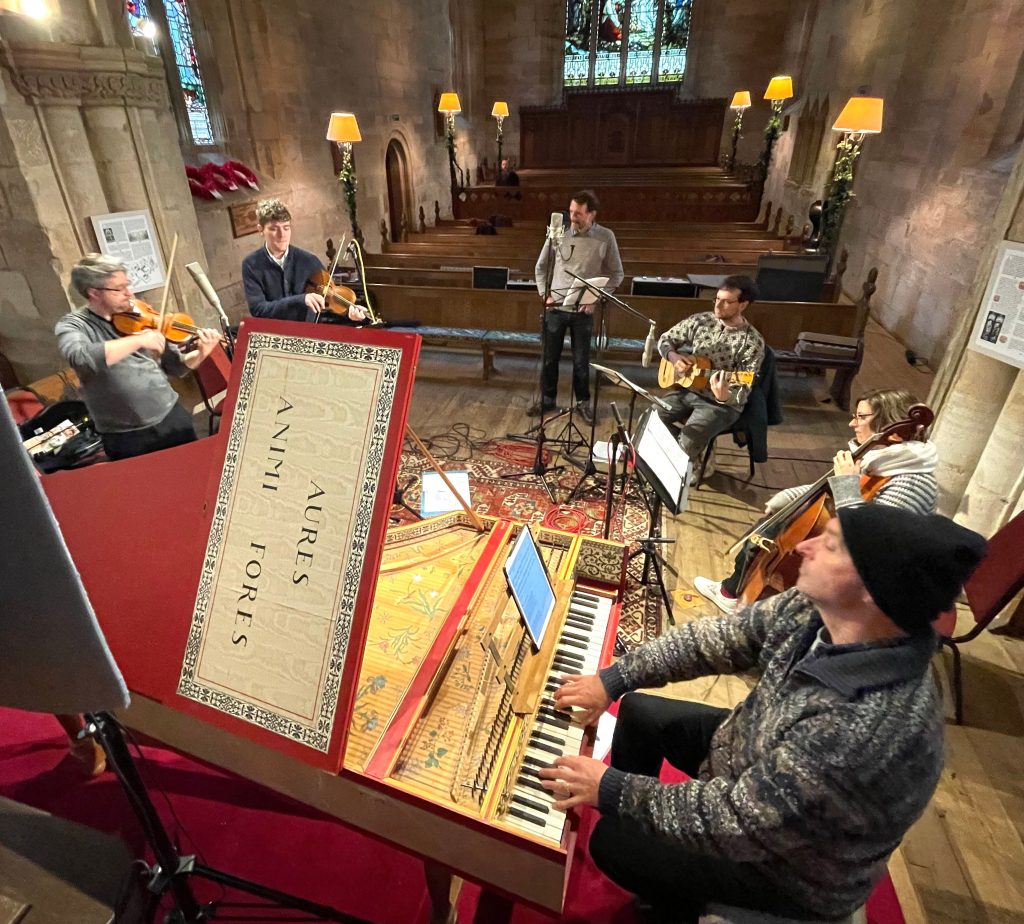
About the author

David McGuinness has collaborated with a wide range of musicians in many genres, produced fifteen albums with his group Concerto Caledonia and composed for television, most notably on Channel 4’s Skins. He is Senior Lecturer in Music at the University of Glasgow.
You can find out more about The Gentle Shepherd on our website. Interested in buying it? Use discount code EVENT30 at checkout to save 30%.
Want to hear more about whats publishing in Literary Studies at Edinburgh University Press? Sign up to our mailing list! You’ll be the first to hear about new books, blog posts and events.


